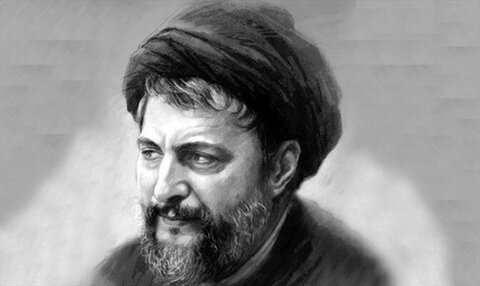Hawzah News Agency – In this paper, Huj. Dr Abbas Ali Shameli explores the term ‘values’, whether or not they are concrete or relative concepts, and the link between a values system and revelation. Shameli quotes the great Shi‘a thinker Ayatollah Muhammad Baqir al-Sadr’s use of Qur’anic verses in determining a standard human values making.
He calls attention to the role of the prophets in educating people and exchanging their gods for One God. Since gods lose their efficiency and society eventually overlooks them, society loses its ideal and individuals will ultimately look after their own interests. And as written in the holy Qur’an, the gods that people internalize and replace with God, the Almighty are but an illusion.
In evaluating human values, Sadr proposes three ways in making values: contextualism, absolutization, and transcendental values-making.
He concludes that according to the Qur’an, values can only be made when we develop a worldview that links us to our Creator. Only with prophetic education can we come to create social justice and self-development.
To read this paper click on download.

